 An interview with Hans Hoffmann (GER), the Head of the unit on Media Fundamentals and Production Technology in the EBU Technology and Development Department.
An interview with Hans Hoffmann (GER), the Head of the unit on Media Fundamentals and Production Technology in the EBU Technology and Development Department.
– When and where were you born?
I was born in Munich in 1964 and I studied there as well.
– How did you get into this field?
My father was actually a television electrician. I became obsessed with electronics and design. I automatically followed his footsteps. I studied telecommunications engineering in Munich, at the University of Applied Sciences. I was also very interested in media, as it forms an important pillar of cutting-edge technologies as well as democracy and open information sharing.
– What was your first job?
It was actually doingan apprenticeship at Siemens in Munich and later, after university, I joined the IRT (Institutfuer Rundfunk technik) in Munich to do research. It was mainly television production technology, investigation of the transition to digital, Recommendation 601, and later also looking at measurement of digital interfaces, the move to file-based production, introduction of HD in Europe and many more topics. Very early I was also confronted with standardization activities, with the European Broadcasting Union (EBU) as well as SMPTE and ITU.
– How long did you work at the IRT?
I worked in the IRT for nine years, and then I moved to the EBU. It was a fantastic job, working inresearch and for public service media ensuring that innovations take place and that broadcasters keep up with global competitors.
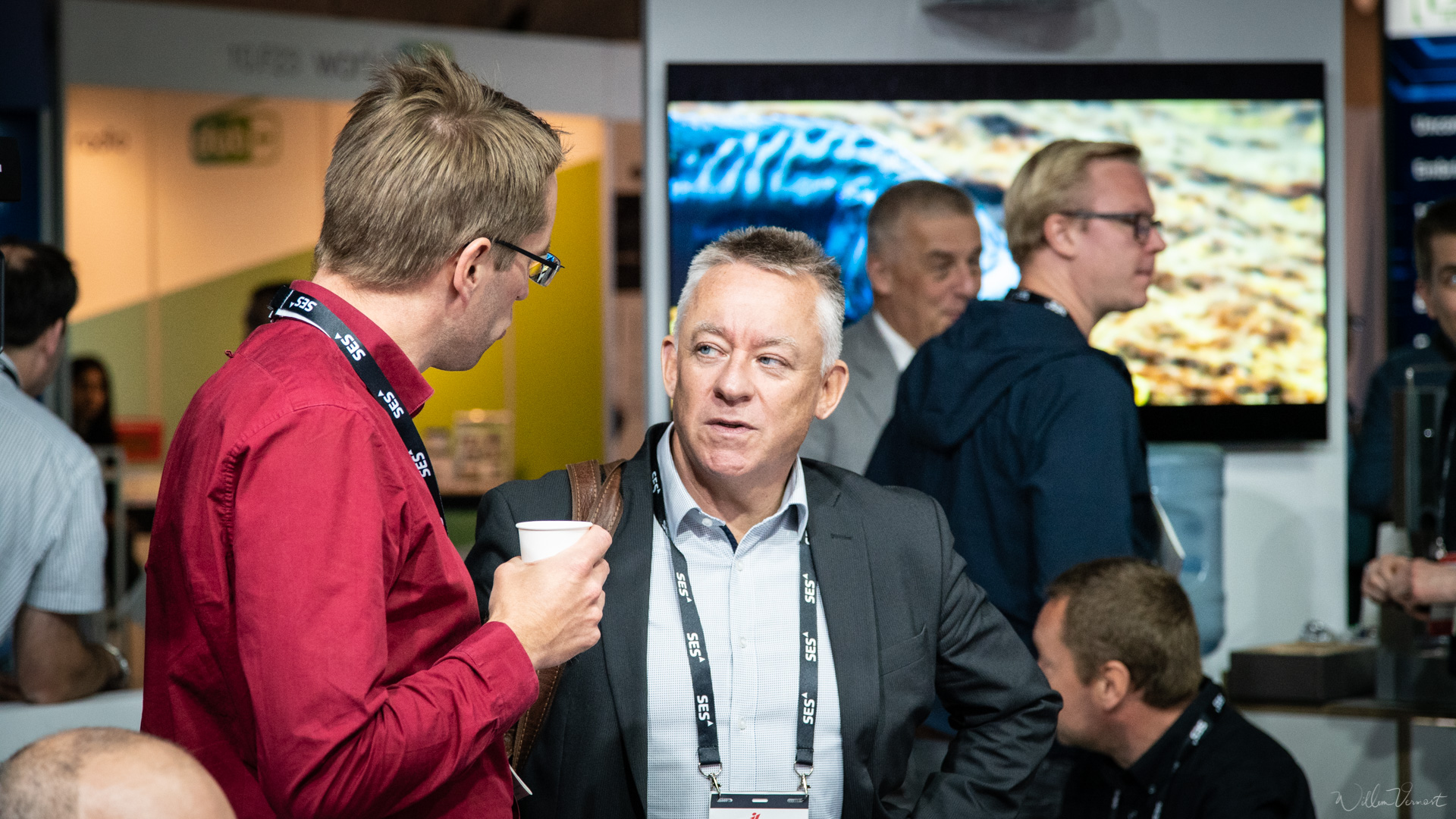
– What was your first position at the EBU?
I came in directly as a senior engineer, as it was called at that time, in media production technologies. There was a lot of activity around the transition from tape-based production towards files and open compression formats as well as moving Europe to HD in distribution and production. Then, this was followed by the full digitalization of the supply chain for media generation. We worked in a very global international context, standardizing the file formats – MXF was the predominant one. Later we reached HD and UHDTV, looking into IP-based production. Today of course we talk a lot about cloud-based production and remote workflows and new ways of efficient media creation.
– When did you come to EBU?
In 2000, and I feel as it was yesterday. There has been so much fast-paced change in our industry.
– What do you think has been your main achievement at the EBU?
There are many achievements, but I would not say they are only mine. A lot of it is teamwork in the EBU, with Members or in the global context of collaboration. You try to guide and bring members together to build a collective view, and influence the industry to develop and standardize technologies which will in the end satisfy public service media requirements. This is important, this is our drive. The key thing is to create value for EBU members to inform about trends and guide strategic decision making. And of course, we need to be ahead and anticipate what is next, that is always critical for innovation and R&D. If I have contributed to this, then I am very happy, but I think I always give credit to my colleagues and my team. The members who have worked with us in project groups are also very important.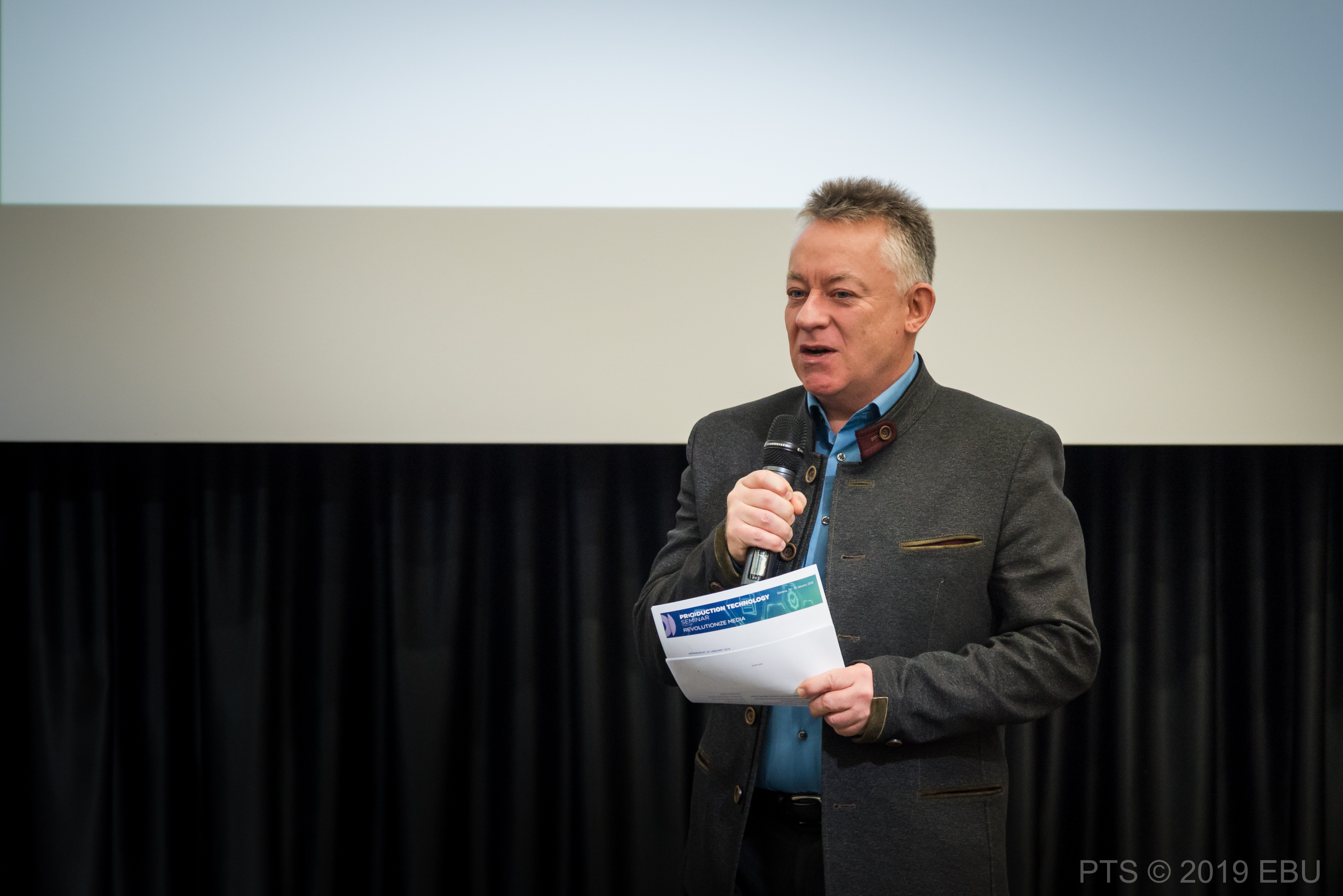
– Cloud-based technologies are very popular nowadays. What do you think is coming next, in a few years?
I think a lot has to do with the dematerialization of the facilities; this means less hardware and more software. There will be less dedicated hardware, which is developed by a very specialized media industry, and more commodity. There will also be much more movement in the cloud, whether it is a public or private cloud, as well as many more applications running on generic infrastructures to allow the creative personnel to engage in new ways of storytelling. We will see a much higher degree of interactivity, user experience and personalization of content. There has already been a lot of change here. I think the future of media creation will be driven by providing a high degree of audience experience, and there will be different forms of it. The cloud is a means, as is the move to IP. The applications that we have are also a means for a new type of storytelling, news, and social media. We are standing in front of a revolution.
– What do you think about artificial intelligence?
This is one of the elements of the transformation. Artificial intelligence, machine learning algorithms, the use of data… those who can use and interpret datawill master the digital transformation well. It will play a very important role, I would say, especially in news. I think we will see a lot of opportunities in the use of AI. For example, the EBU has just released EuroVOX, which is one of the models to do language translation. AI also bears some risks – manipulation opportunities through misinformation, manipulation of voice and video… it will always be an arms race between detecting the fake and creating the fake. I think it is very important that as public service media we use AI according to values and principles and have trust between the broadcaster and the audience. We need to be very mindful of what we do.
– Where do you think cybersecurity comes into this?
Media cybersecurity is a very strategic and important question for the EBU. We actually have a very interesting project group called Media Cybersecurity, which has already delivered some recommendations to EBU members. It is also testing equipment for leaks and whether it complies with minimum cybersecurity aspects. As we move into IP and the cloud, it is a matter of making systems secure, but also the education of staff and handling data. The question of data is important – we need to be very careful with what we do with audience data. This is a crucial strategic topic for every broadcaster.
– Many ex-USSR countries are afraid of moving towards IP because of cybersecurity concerns. Do you think this will change?
This is the reason I say it is a very important topic. It has a technological dimension as well as an educational dimension. We need to work on both aspects. The systems need to be protected, and you need to be aware of what you are doing when you go into the cloud or use IP.
– Do you think 5G or 6G will change the industry?
It will absolutely change the industry. There will be two dimensions. Of course, there is the business-to-consumer dimension, where we see a number of applications – simply the performance that we will get out of 5G is incredibly high. There are also several new media applications in the business-to-business environment. Wireless production in news, and maybe later in studio projects, will allow for new types of content generation and storytelling. In a couple of years there will be no world without 5G or 6G. I am very much convinced of this.
– What is the role of your team in this new world?
We look intoinnovations and evaluate the innovations which are proposed. We are now also proposing our own. We try to guide our members in decision making, to make the right decisions for large scale investments, which is really important. Secondly, we are an advocate of open, standardized systems, as they simply guarantee safe investments and are part of the innovation cycle. If you only had proprietary solutions, it would be more costly. Open systems and standardization are very important. Standards are crucial when it comes to remote and IP-based productions.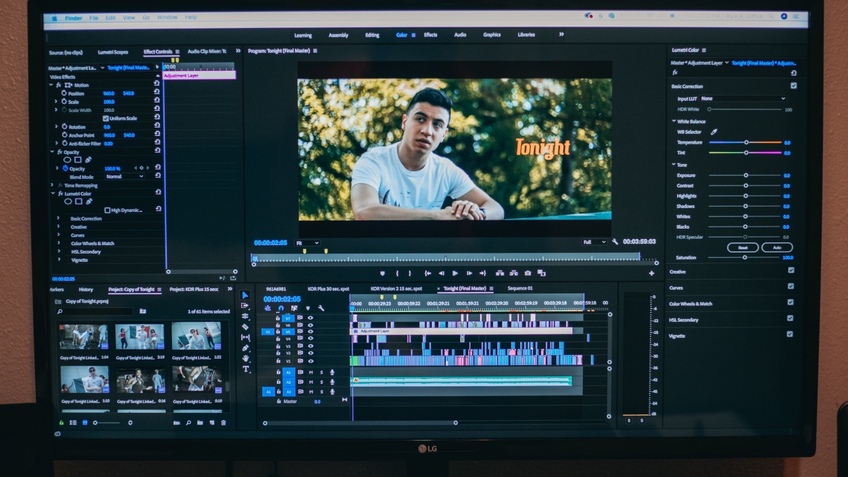
– What areas are you working in?
We work in a number of areas, including cloud and IP, new media workflows in production, artificial intelligence, and UHDTV and immersive media. Recently we have also started to look towards virtual production: replacing the greenscreen with LED walls, the convergence of game engines and TV production, remote workflows… There is a lot happening at the EBU, in a variety of aspects.
– Traditionally, the EBU worked with TV companies and channels. Now that the market is changing, are you also working with larger IT and tech companies like Netflix or Amazon?
Of course we talk with these companies. We work with them on a professional level and meet them in our activities in the different project groups, including standardization. There is an ongoing dialogue, the same kind the EBU has always had with the supplier industry. It would be wrong not to communicate with them.
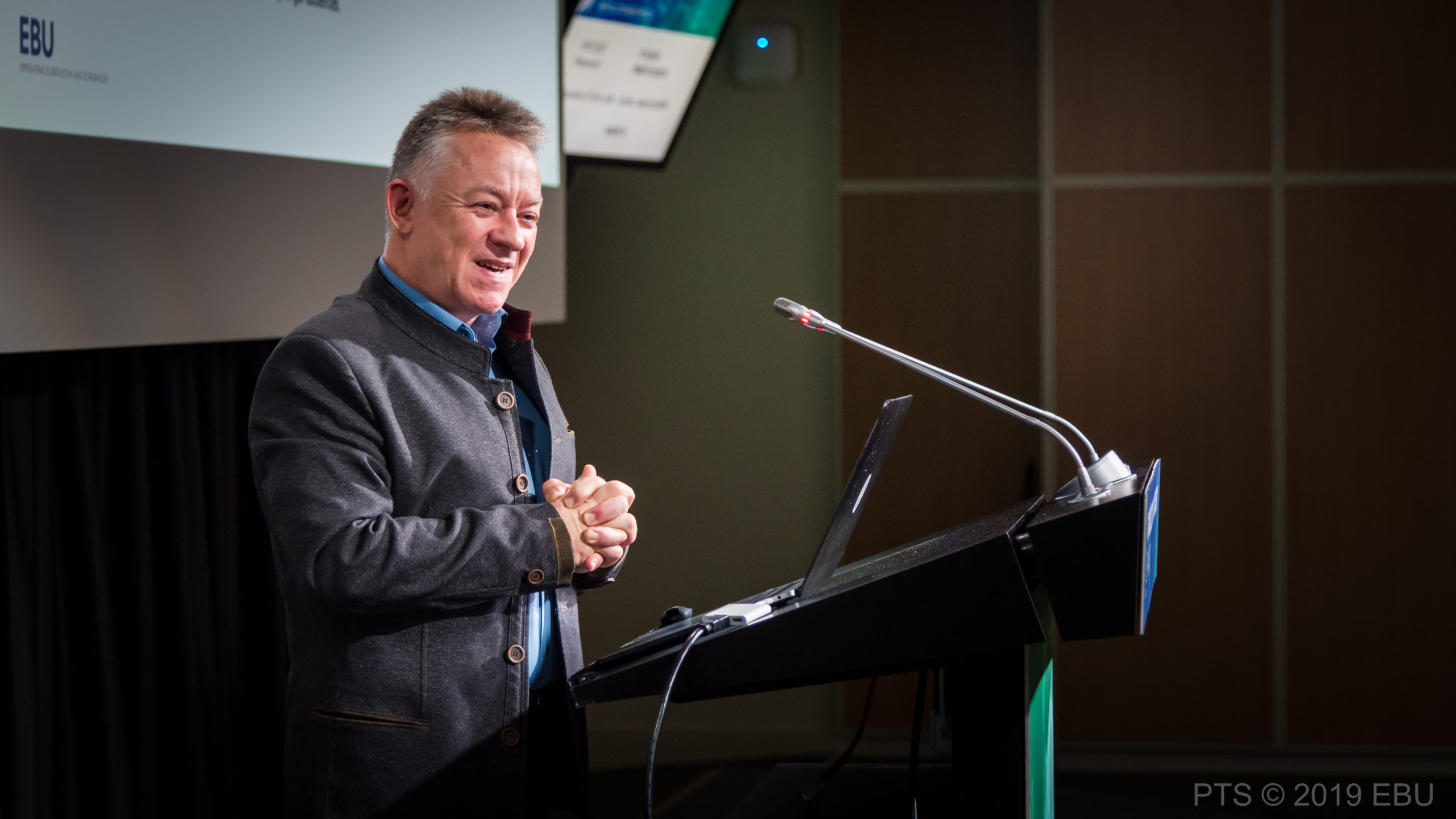


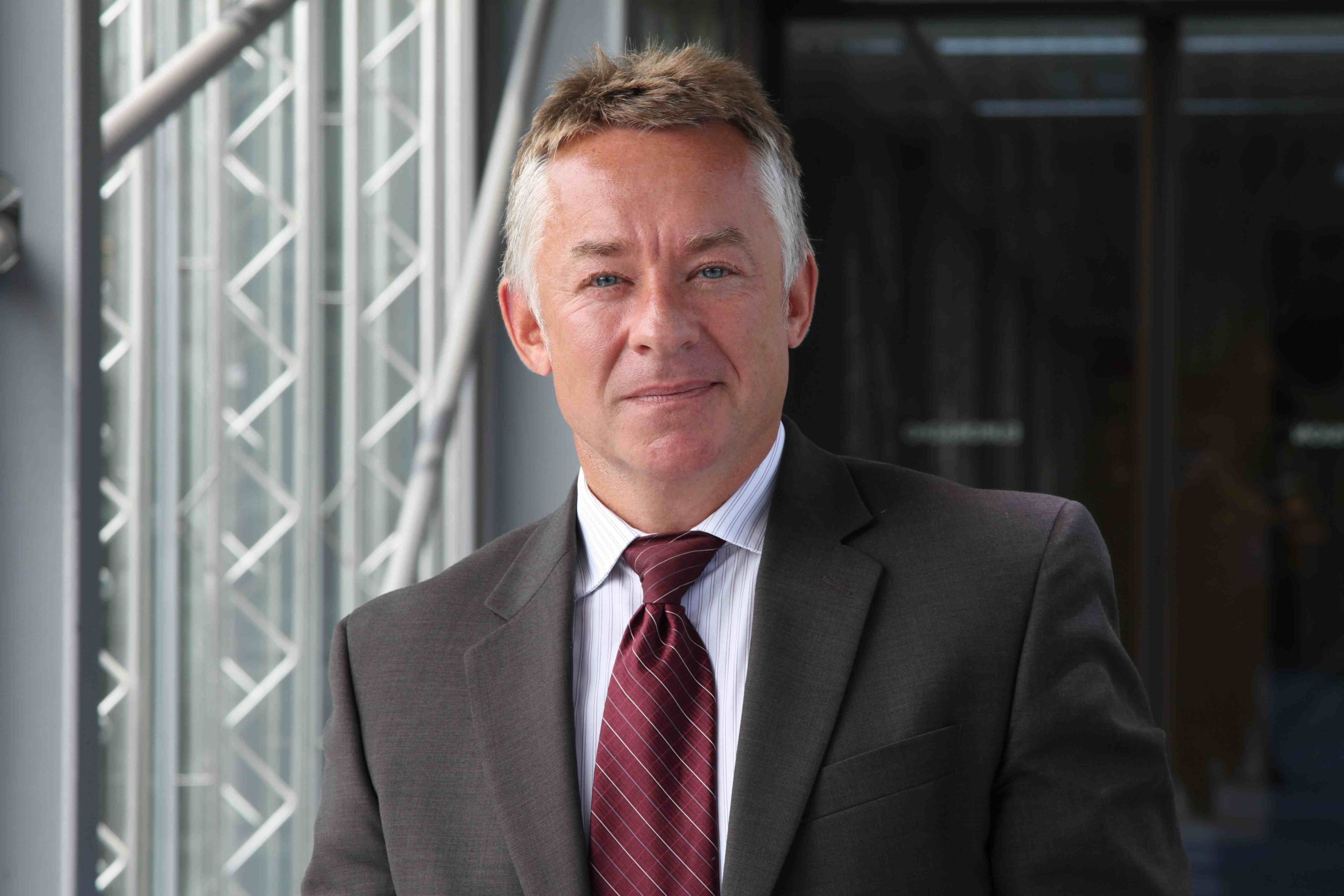 An interview with Hans Hoffmann (GER), the Head of the unit on Media Fundamentals and Production Technology in the EBU Technology and Development Department.
An interview with Hans Hoffmann (GER), the Head of the unit on Media Fundamentals and Production Technology in the EBU Technology and Development Department.






